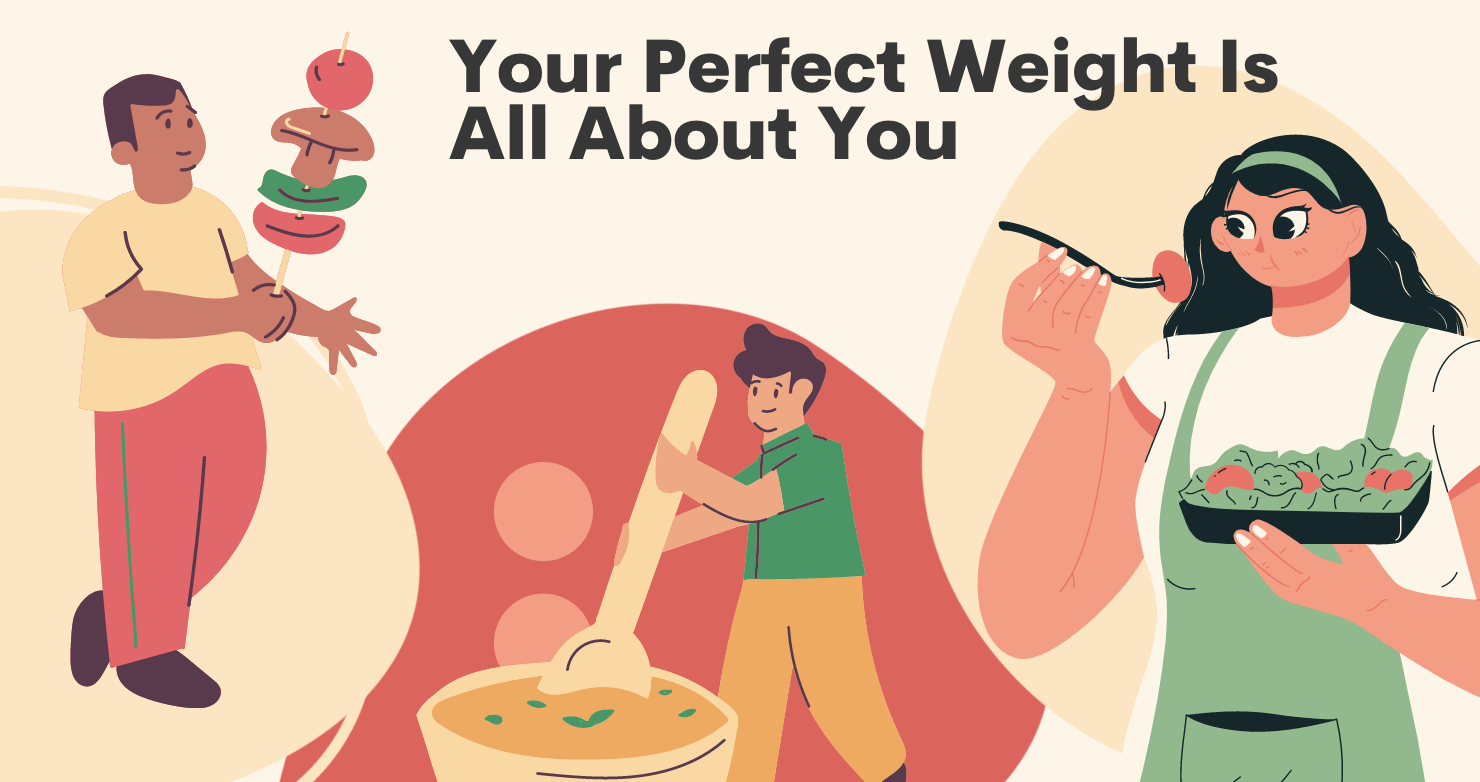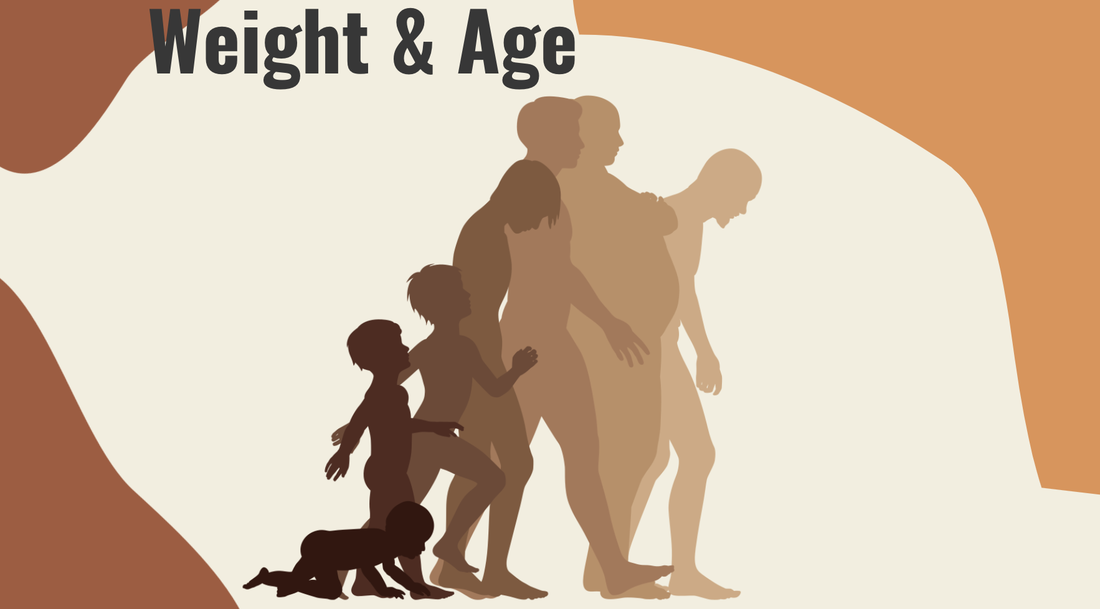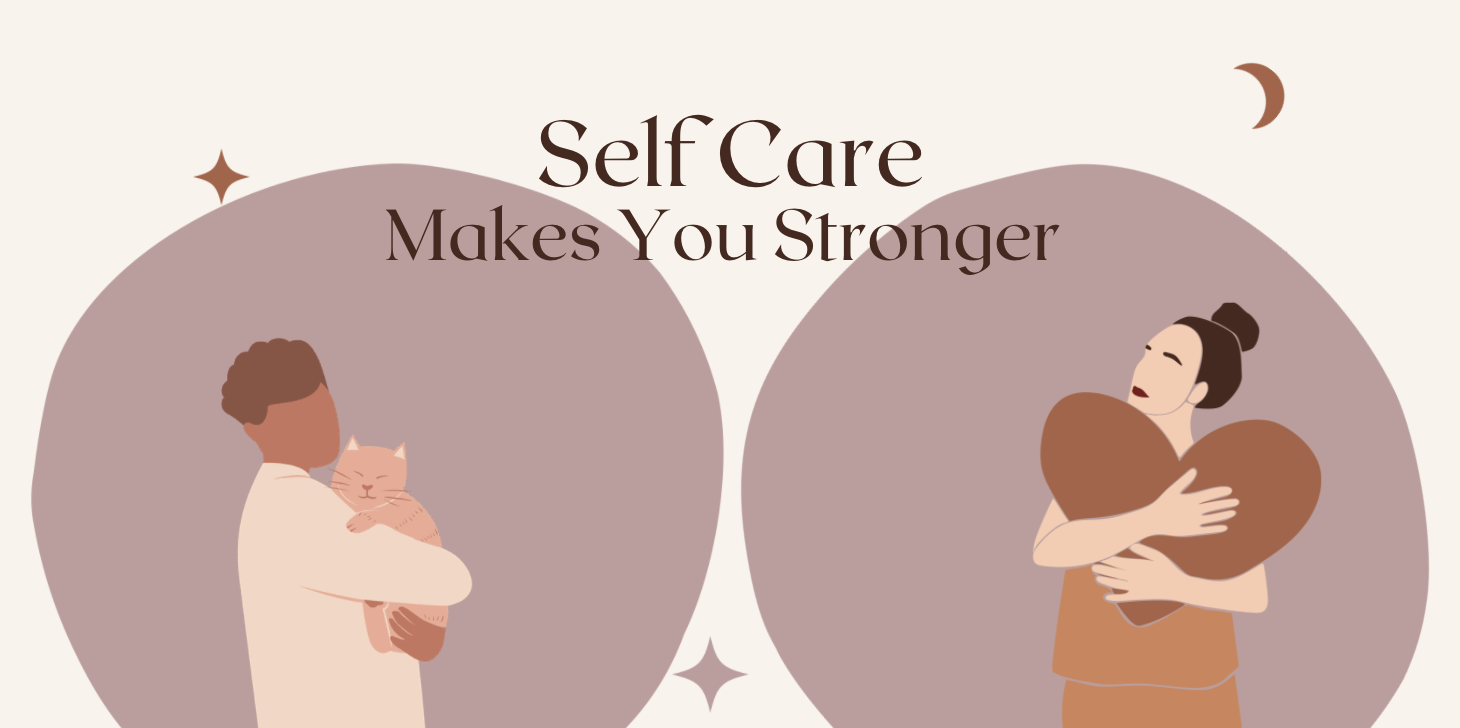Your weight is more personal than you may think.Your weight is very personal in more ways that you might think. Perhaps the most important is your perfect weight. There is no formula for the best weight for any body, no matter what charts, BMI counts or anything else says. The way to determine the perfect weight for you is your experience. Each person is individual and their body is uniquely designed to do what they are best at doing. Some people are built for power, some for speed, some for endurance and some for survival in starvation times. Some people are designed to be slow and methodical, some are deigned to be quick and efficient. When it comes to what you should eat, millions of years of evolution can’t be wrong. For the most part, if it tastes good, it is good for you. There are three caveats: (1) To the extent that today’s diet has changed from our evolutionary diet, you should carefully consider if a similar food would be available in large quantities in your natural evolutionary diet. (2) Human beings generally thrive on variety and moderation and (3) People gain weight at they age - this is part of the natural changes as we age. The same is true for exercise. Pay attention to the kind of physical activity that feels good to you. The best guide for what foods to eat and how much is your instincts. As adults, many of us lose our instincts for what to eat. Our advice when it comes to your weight and food is to ditch diets, focus on getting in touch with your innate instincts about what tastes good and feels good, and eat what tastes good and do the exercise that feels good. If you want to discuss diet and exercise further to discover what works best for your body and your needs and desires, you can meet with your doctor. Age & WeightWhen you were a child, your weight was expected to change with each year of your growth. There is a misunderstanding that upon maturity, you should stay the same weight for the rest of you life, and if you do not, you have eaten too much or not exercised enough. The truth is your age and weight are connected throughout your life. You can look at the people in your family over time and see this. Young people are generally the thinest in a family, and the older people get, the larger they are. On average, a person can expect to gain one pound a year after they have reach physical maturity - about 25 years old for most people. This is just an average though. Some people will gain much less, and some will gain much more. If you feel like you should lose weight, we recommend you set realistic goals, and, most importantly, focus on your health over how much you weigh. A balanced diet, good exercise for you, getting at least 8 hours of sleep a night and good self care are good steps. We also recommend talking to your doctor about the best weight for you given your body type, life style and health circumstances What is Hangry?Your body treats carbs and fat differently. Carbs are the body’s primary source of fuel. When your body is relying on its primary source of fuel, most of the time, your body is purring along. You feel good. When your body switches over to rely on its secondary source of fuel, you tend to get angry and hungry, or “hangry.” Most of the time, hangry is when your body is craving carbs because it does not want to burn its fat. Our bodies are programmed to want to hold on to our fat just in case we face a starvation time.
The brain in particular is used to burning carbs. Carbs - more specifically sugar - is what the brain prefers to burn for fuel. You brain does not function as smoothly when it does not have the carbs (and sugar) that it wants. This makes for a bad mood and sluggish thinking - not a good combination. One way to counteract the hangry without taking in more carbs is acquaint your body with the idea of burning fat through intermittent fasting and a diet with a good amount of fat. When you intermittently fast, you tell your body to burn that fat. When you eat fat, you assure your body that it is not going to starve. Every body is unique, so we advise you talk with your doctor about whether intermittent fasting is good for you, and about your eating patterns to find out how much fat is the right amount for you.
2 Comments
Self care is not selfish or indulgence. This is especially true if you are a caretaker, work in a caring profession, or identify as a caring person. Think of self care as the fuel that allows you to care. Self care empowers you - no matter who you are - in all you do. Self care includes taking care of your body and your mind. It includes giving yourself enough time to rest. Self care is taking care of your sleep problems and giving yourself enough time to get at leas 8 hours of sleep a night. It includes doing something physical on a regular basis that you love to do, whether that is stretching, going for walks or spending time in the great outdoors even when your life feels so busy you hardly have time to breathe. It includes eating foods that are good for you, and taking your vitamins - including vitamin D in these dark days! Self care includes recognizing that your feelings matter and taking them into account in your daily life. These are just some aspects of self care. Take stock of your self care. If you think that maybe some of the things you do to care for yourself may be harmful in the long term or are leaving you in a cycle of hurt, we encourage you to talk to your doctor and see if you can find ways to care of yourself so that you are flourishing physically and mentally.
|
We CarePosts written by the People of the Happiness Alliance & our Friends. Archives
March 2024
Categories |
Sign up for the Happiness Alliance Newsletter
THE HAPPINESS ALLIANCE IS A 501(c)3 NONPROFIT REGISTERED IN THE UNITED STATES
The Happiness Index is Copyright © 2014 by the Happiness Alliance




 RSS Feed
RSS Feed
